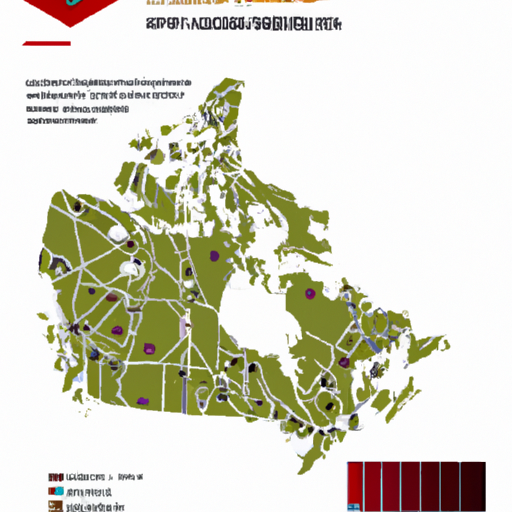The Ongoing Opioid Crisis Impacting Indigenous Communities in Canada
It is with great concern that we bring to light the alarming escalation of the opioid crisis in Canada, further exacerbated by a recent shocking incident involving the Grand Chief despite numerous efforts made to lessen its effects. The issue has sorely afflicted Indigenous communities, which are also grappling with several other problems like homelessness and crime.
Recent Unfortunate Incident Illustrates the Graveness of the Situation
According to a recent article from The Associated Press, Southern Chief’s Organization (SCO) Grand Chief Jerry Daniels was injured in an altercation that broke out when an unknown person, believed to be under the influence of opioids, attacked him on a Winnipeg street. Grand Chief Jerry Daniels’ incident highlights the urgency and importance of addressing this crisis.
The Consequences of The Opioid Crisis
A primary fallout of the opioid crisis is an increase in crime rates. Desperation and addiction drive individuals to commit illicit acts, like the assault on Grand Chief Jerry Daniels. A surge in homelessness has also been linked to the increase in opioid usage. Without a stable environment, people are more susceptible to fall into the cycle of addiction, further exacerbating the problem.
On top of this, the crisis has brought on a heavy toll on the health-care system. Emergency services are often stretched beyond their limits responding to overdoses. Friends and family members are left to deal with the psychological trauma of seeing loved ones succumb to addiction.
Efforts to Combat the Opioid Crisis
While the problems are serious and the statistics grim, it’s important to note that several strategies have been initiated to combat the opioid crisis in Canada, particularly within Indigenous communities.
Opioid Class Action
Indigenous communities across Canada have come together to file an opioid class-action lawsuit against 40 opioid manufacturers and wholesalers. The goal of the suit is to hold these companies accountable for their role in the opioid crisis, while also seeking financial compensation to fund rehabilitation and treatment programs.
The Naloxone Program
A campaign to distribute naloxone, a medication used to block the effects of opioids, especially in cases of overdose, is another effort being made. By equipping individuals with naloxone kits and proper training, more lives can potentially be saved.
To encapsulate:
- The opioid crisis has alarmingly escalated in Canadian communities, particularly the Indigenous ones.
- The crisis has led to a rise in crime rates and homelessness, and has strained the health-care system.
- Efforts, including an opioid class action and the distribution of naloxone, are being made to counter the crisis.
Moving Forward
It is now more important than ever to continue our work addressing the opioid crisis in all communities across Canada, and particularly those in Indigenous communities. Prevention, education, rehabilitation, and justice for those affected are essential steps in combatting this ongoing issue. Grand Chief Jerry Daniels’ incident underlines the pressing need to further these efforts in mitigating the impacts of the opioid crisis.
To stay updated on our efforts and to join us in this essential cause, follow our blog and share these stories with your networks. Together, we can work to increase awareness, generate support, and implement lifesaving solutions.


